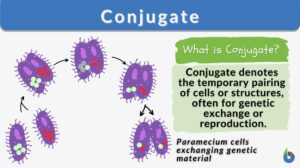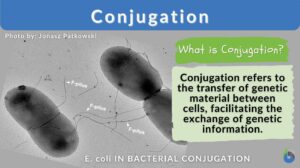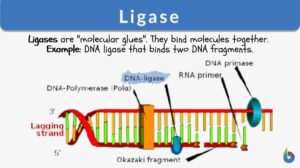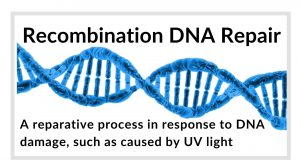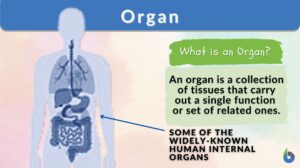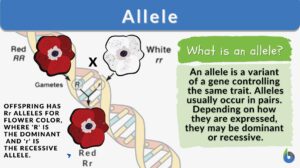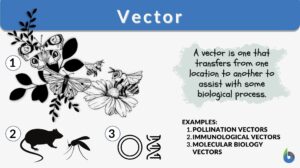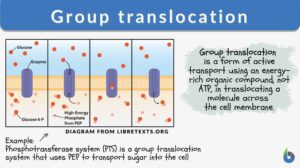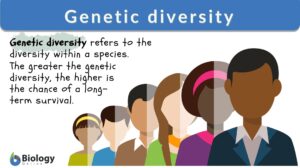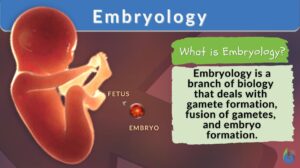Search Results for: donor
Conjugation
Conjugation generally means the joining or coming together (union), such as in certain unicellular organisms (some bacteria,... Read More
Proton donor
proton donor (Science: chemistry) An acid, a susbstance that donates protons in an acid-base reduction... Read More
Photosynthesis
Photosynthesis is a physio-chemical process carried out by photo-auto-lithotrophs by converting light energy into chemical... Read More
Types of Transplants
Submitted to biologyonline.com on March 7, 2009Published by biologyonline.com on March 29, 2009 Transplants are... Read More
Hydrogen bond
Definition noun plural: hydrogen bonds A type of chemical bond that is formed when the slightly positive hydrogen atom of... Read More
Light-dependent reaction
Many organisms, such as green plants, convert light energy into chemical energy through the mechanism of photosynthesis. In... Read More
Recombination DNA repair
Recombination DNA Repair Definition Recombination DNA repair is a biological reparative process in response to DNA damage... Read More
Gene transfer
Definition noun, plural: gene transfers The transfer of genes between organisms Supplement Gene transfer pertains to the... Read More
Alloimmunity
Definition noun, plural: alloimmunities (immunology) A type of immunity that produces an immune response that is attacking... Read More
Terminal electron acceptor
Definition noun A compound that receives or accepts an electron during oxidation of carbon source, e.g. during cellular... Read More
Redox reaction
Redox Reaction Definition What are redox reactions? This is a common term in chemistry and biology. In chemistry, a redox... Read More
Phosphorylation
Phosphorylation Definition We can define phosphorylation as a biochemical process in which a phosphate molecule is added to... Read More
Oxidoreductase
Definition noun, plural: oxidoreductase (biochemistry) An enzyme that catalyzes the transfer of electrons from an electron... Read More
Mitochondrion
Mitochondrion Definition What are mitochondria? The term “mitochondrion” comes from the two words of the Greek... Read More
Group translocation
Group Translocation Definition Just like your “home” is a private place where you and your comfort are maintained due... Read More
Methionine
methionine (Science: biochemistry) Contains the SCH3 group that can act as a methyl donor (see s adenosyl methionine).... Read More
Abortive transduction
Abortive transduction Transduction in which the genetic fragment from the donor bacterium is not integrated in the genome of... Read More
Ionic bond
Definition noun plural: ionic bonds A type of chemical bond in which atoms, ions, or molecules are held together by... Read More
Vertical gene transfer
Definition noun (genetics) The transfer of genes from parents to offspring Supplement Gene transfer refers to the movement... Read More
Sexual reproduction
Sexual reproduction is a mode of reproduction involving the fusion of haploid female gamete (egg cell) and haploid male... Read More
Homoplasty
Definition noun, plural: (1) (evolution) The acquisition of a similar form or structure between species of different... Read More
Hfr strain
Definition noun A strain of bacterial that possesses the F factor integrated into the bacterial genome, hence, when it... Read More
Hfr bacterium
Definition noun, plural: Hfr bacteria A bacterium that possesses the F factor integrated into the bacterial genome, hence,... Read More
Genetic diversity
Genetic Diversity Definition Each species is composed of individuals with their own set of genes. A gene is the inheritance... Read More
Embryology
Embryology Definition Embryology is a branch of biology that deals with the topics concerning gamete formation... Read More
Facultative anaerobe
Facultative Anaerobe Definition What does facultative anaerobe mean? Facultative organisms are the most adaptable... Read More
